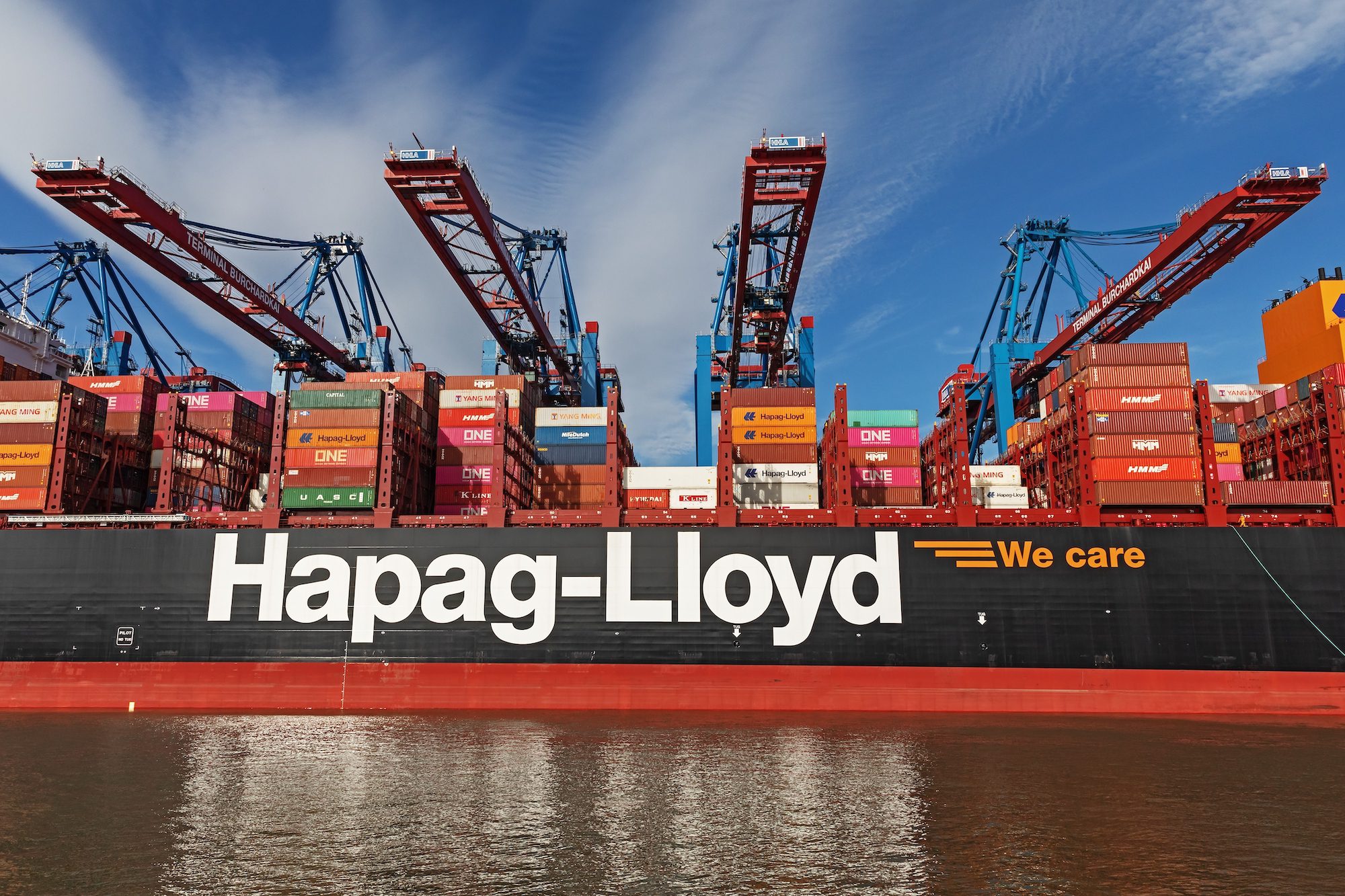Sabine Pass, image: Cheneire
By Anna Shiryaevskaya and Isis Almeida
(Bloomberg) — The U.S. is about to change the global LNG market forever.
When the first tanker carrying liquefied natural gas from shale fields leaves the Sabine Pass terminal in Louisiana in December, it will turn consumers into traders with more bargaining power. That will transform a market dominated by long-term contracts into one where spot trading gains prominence, similar to crude oil.
Since the first LNG cargo went to the U.K. from Algeria under a long-term contract in 1964, buyers opted for guaranteed supply because the fuel was scarce. That’s changing because gas from the Bakken and other fields will transform the U.S. into the third-biggest exporter by 2020. Spot trading will probably account for almost half of transactions by then, from 29 percent last year, and LNG is poised to overtake iron ore as the most valuable commodity after oil.
“We see the U.S. as a major contributor to the development of the LNG spot market as the volumes start to ramp up,” Jamie Buckland, head of investor relations at GasLog Ltd. in London, which owns 22 LNG tankers, wrote in an e-mail May 14. “There should be a lot more flexibility and you could see some buyers of U.S. volumes selling product on to others.”
Last week, the Energy Department gave Cheniere Energy Inc. final approval for the nation’s fifth major export terminal at Corpus Christi in Texas, which will ship the fuel from 2018.
Valuable Commodity
Companies including Tokyo Gas Co. have said they will seek to profit from buying and selling U.S. cargoes that, unlike those on most current contracts, aren’t tied to a destination. Cheniere, the operator of Sabine Pass, expects the U.S. to produce 74 million metric tons of LNG by 2020. That’s about 22 percent of expected global output by 2019. Only Qatar and Australia will produce more.
U.S. natural gas will play an important role in connecting Pacific and Atlantic markets, Shigeru Muraki, an adviser at Tokyo Gas, said at conference in Kuala Lumpur on Tuesday. The company is expanding its investment in shale gas production in the U.S. as a natural hedge for LNG, he said.
Suppliers are now signing deals going as short as two or three years rather than 20 years, according to Charif Souki, Cheniere’s chief executive officer.
Long-term contracts will be eroded amid new supply coming from Australia and the U.S., Dubai Mercantile Exchange’s CEO Christopher Fix said at the conference in Kuala Lumpur.
LNG trade will exceed $120 billion this year, overtaking iron ore as the second most valuable commodity after oil, Goldman Sachs Group Inc. said in a March report. LNG is gas cooled to minus 160 degrees Celsius (minus 256 degrees Fahrenheit) so it occupies 600 times less space.
‘Constant Supply’
Spot and short-term LNG trades are defined by the International Group of LNG Importers in Paris as deals lasting four years or less. They accounted for 16 percent of all transactions in 2006 and that share may expand to 45 percent by 2020, according to Alan Whitefield, a senior associate at Sund Energy AS, a consultant to the industry.
The total LNG market will expand 40 percent by 2019, from 2013 levels, according to the International Energy Agency in Paris.
“What will make it a more interesting market is when gas starts being exported from the U.S., because then it becomes really like a commodity market,” Marco Dunand, the CEO of Mercuria Energy Group Ltd., said in an interview last month in Lausanne, Switzerland. “If you have constant supply coming from a terminal, then it becomes a liquid commodity.”
The new U.S. supply will also help link regional markets, said Ann-Elisabeth Serck-Hanssen, acting senior vice president of marketing and trading at Statoil ASA in Stavanger, Norway.
“We as a trading organization make our living from margins, so it both opens up opportunities and ties the different producing regions closer together,” she said by phone May 13. “If you believe a good market is a liquid market, this is positive.”
–With assistance from Mikael Holter in Oslo and Sharon Cho and Ann Koh in Singapore.
©2015 Bloomberg News

 Join The Club
Join The Club











